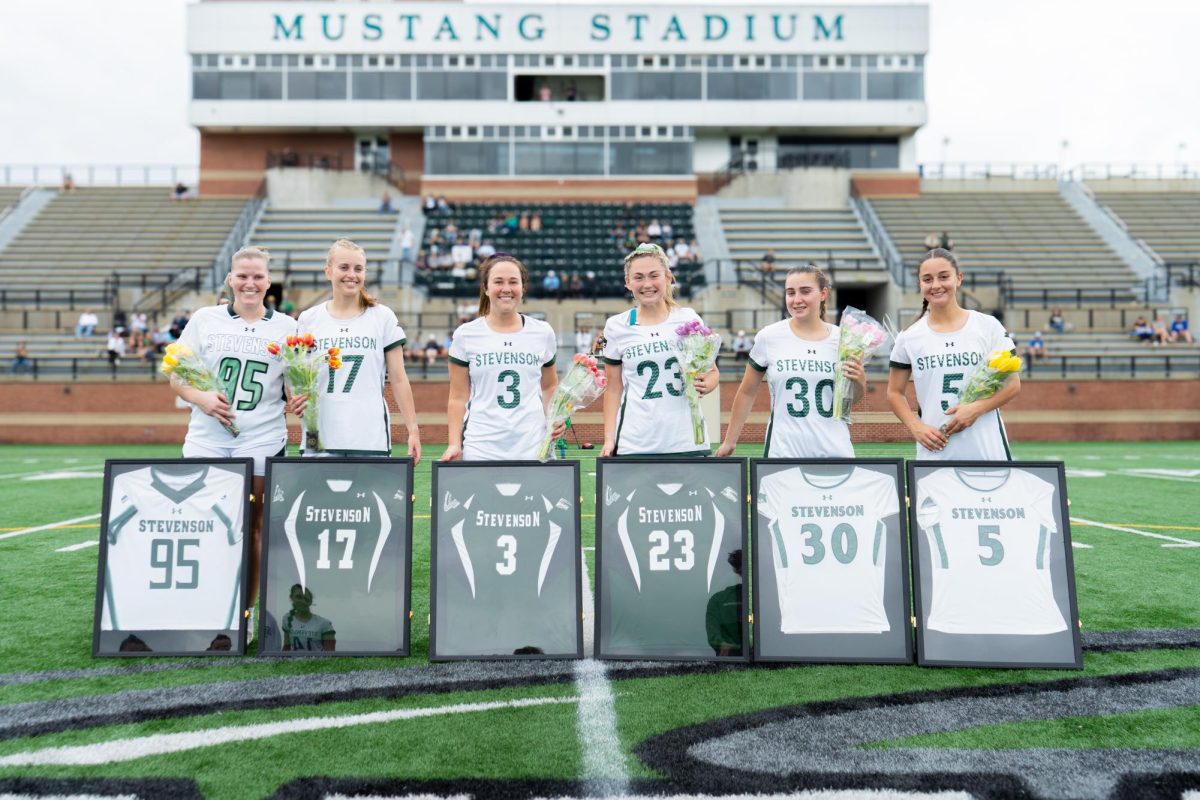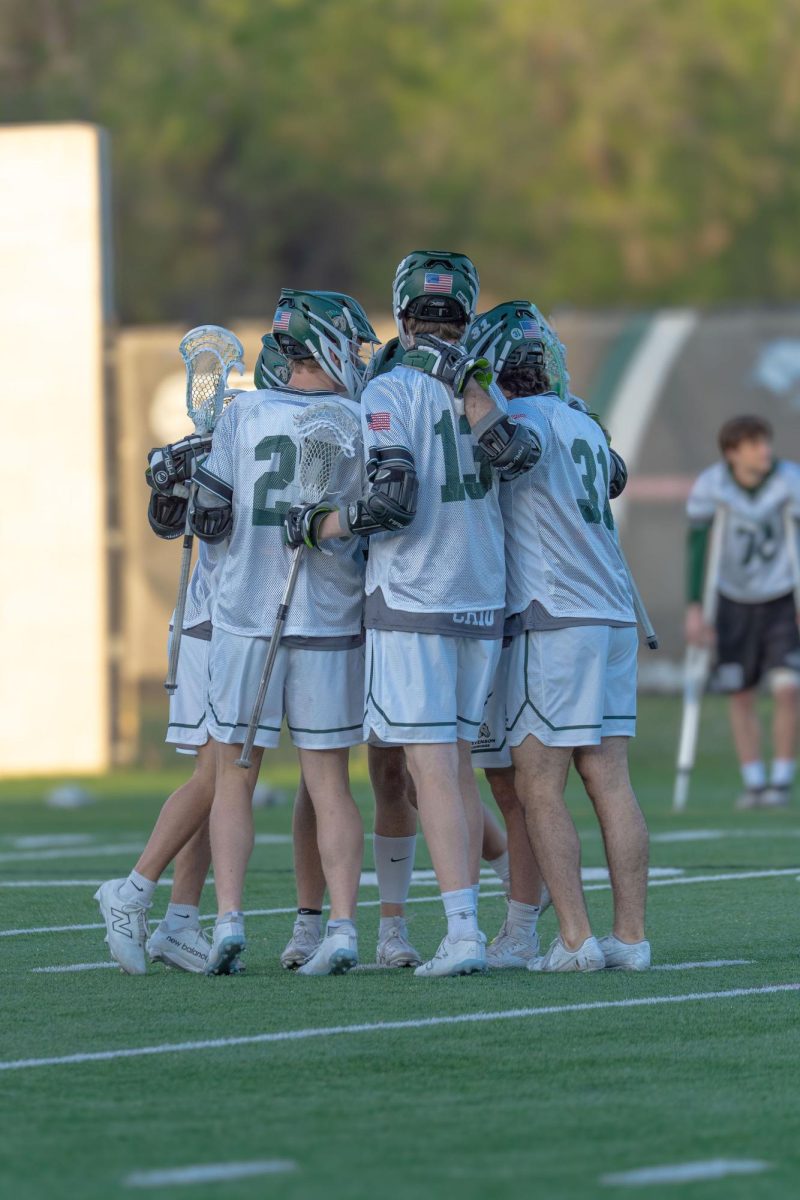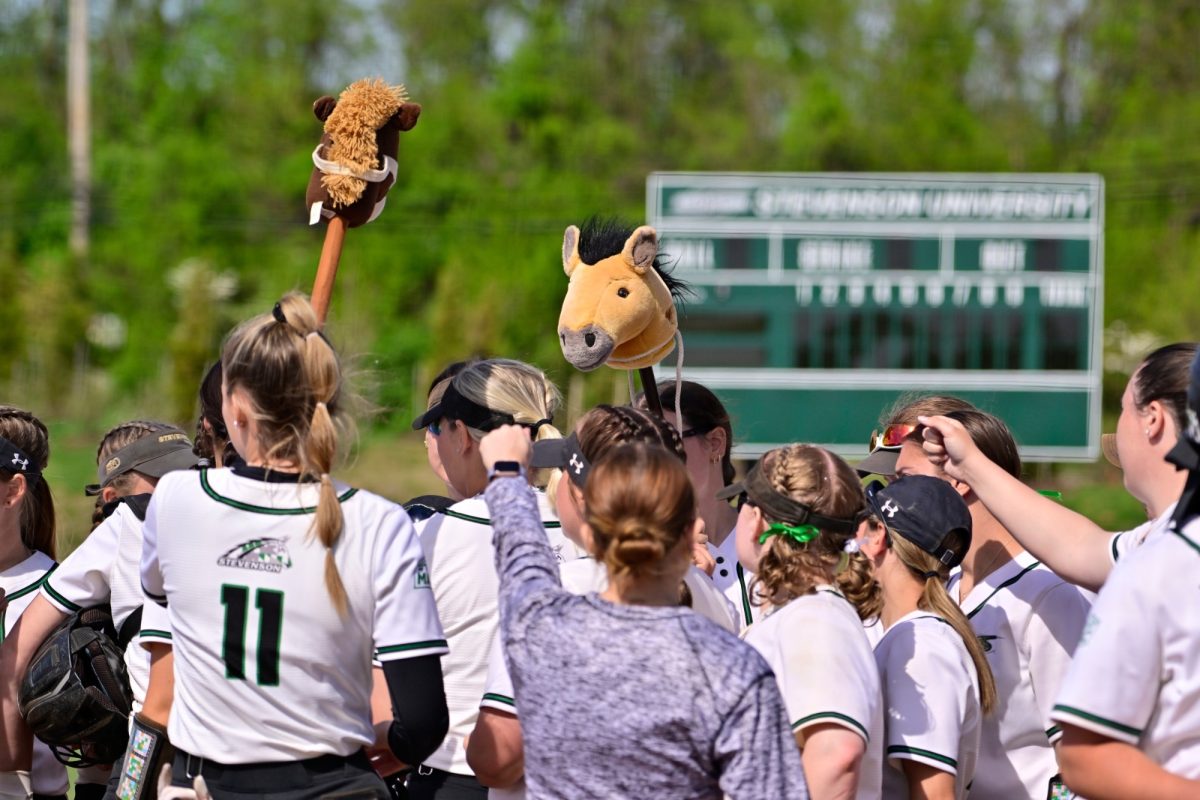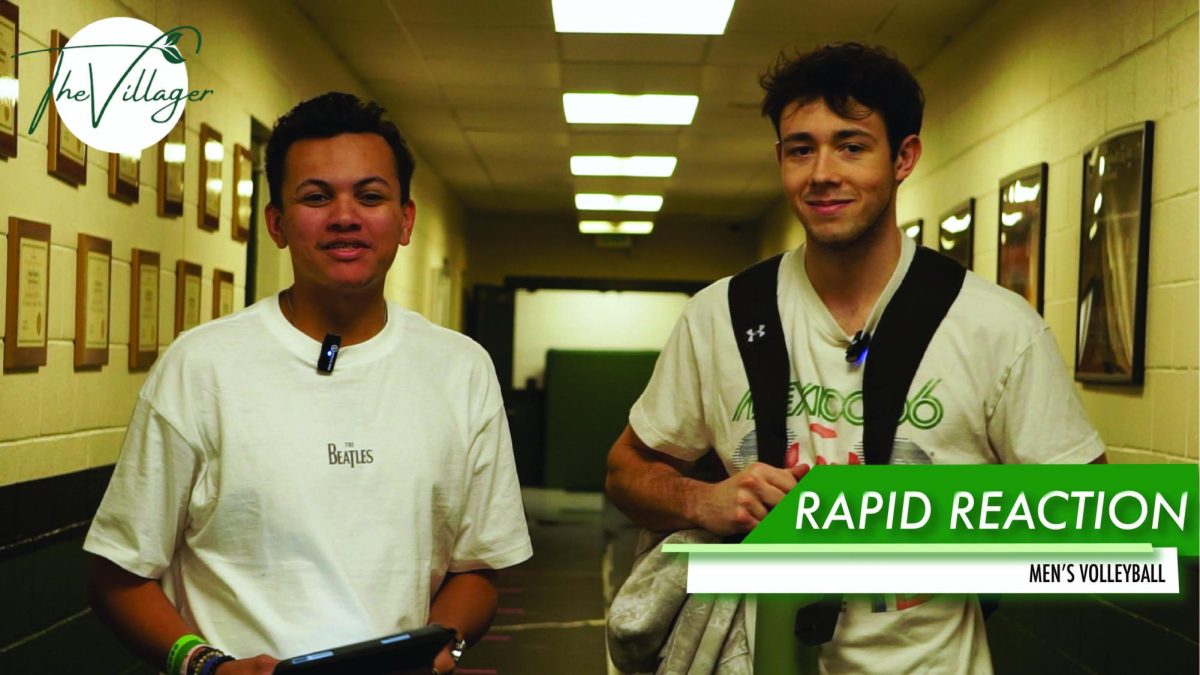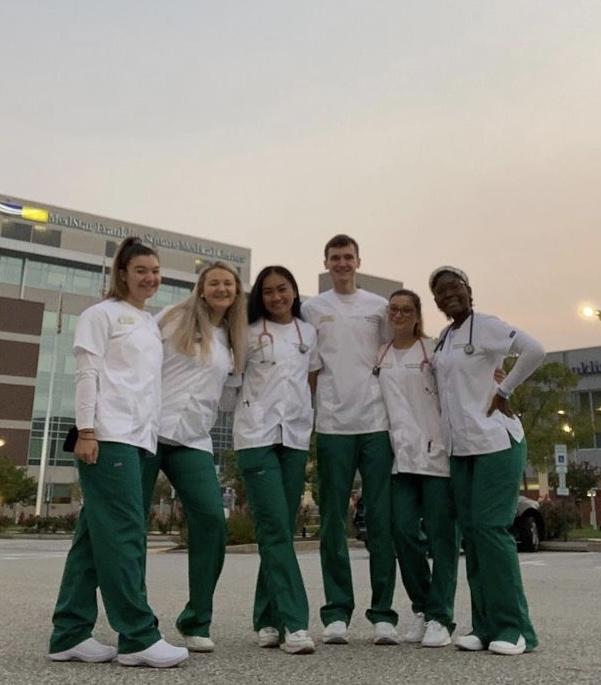By: Izabelle Torres
The foundation of a nursing major’s career begins with their first rotation of clinicals in local hospitals. Junior nursing majors have started their clinicals and are finally into the swing of things despite COVID-19 restrictions over the past year.
Nursing majors at Stevenson start clinicals in their junior year. Clinical allow students to get first-hand learning experience in a hospital with patients. It is an opportunity for nursing majors to also help them know what kind of nurse they would like to be. All nursing students attend clinical for each semester of junior and senior year. Rotations are required by the Stevenson Nursing Program for students to graduate.
In addition to clinical, junior nursing majors also have simulation labs. Maddie McBride, a junior nursing major, said, “Right now we attend clinical once a week for the entire semester, with a few days off for simulation labs every 3-4 weeks.” The labs allow the students to apply skills to the real-life clinical hospital setting.
Macie Pernas, a junior nursing major, said, “I attend one clinical a week on Tuesdays from 7-2 at Medstar Franklin Square in White Marsh Maryland” on the Med Surge floor. Next semester clinical rotation will be in the labor and delivery department and the psych ward, according to McBride.
There are various hospitals in the Baltimore/Towson area that student nurses do clinicals at. Junior nursing majors are randomly placed into clinical groups based off the class sections they are in.
McBride added that her day-to-day tasks at clinical persist of “research [of] our patients, and assist with anything else the care team may need.” She also said they are allowed to observe various procedures.
Currently, first semester junior nursing majors are focused on general nursing being in clinical rotation. Despite COVID-19, student nurses are still allowed in hospitals. Although, “COVID requires us to wear masks, and we, as students, are not allowed to care for COVID patients” McBride added.
The nursing program at Stevenson is four years long and requires a minimum of a C in required classes with a 3.0 GPA in their sciences to continue to 300 level nursing-based classes. After the program, graduates are required to pass the NCLEX to be considered a licensed registered nurse. Pernas said, the other nurses are willing to help the student nurses out and to not be worried.
The junior nursing majors also gave some advice. Pernas added that the patients on clinical rotation are very helpful, so do not be scared! McBride said, “to focus on your basics like anatomy and physiology, because they really play a huge role in the upcoming years.”













